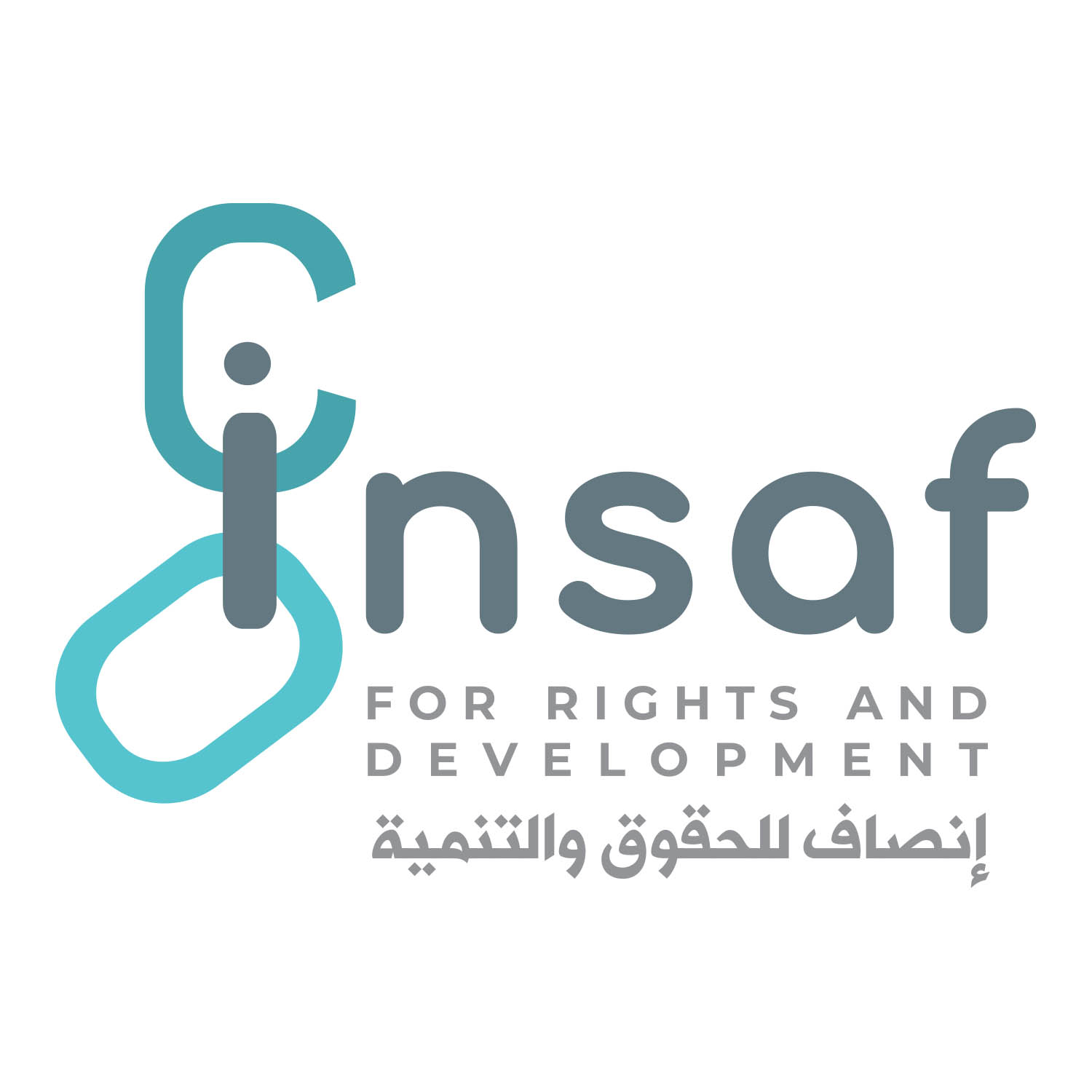Today, the Insaf Center for Rights and Development concluded a training program aimed at qualifying 25 judges, including prosecutors and members of the public prosecution in Aden Governorate, on combating cyber extortion and addressing gender-based violence.
The program, in its first phase over three days, aimed to activate legal and judicial mechanisms to protect victims of extortion. This is part of the “Safe Space” project, which is implemented in four phases with the support of the French Embassy and the French Ministry of Foreign Affairs.
During the conclusion ceremony, the President of the Insaf Center for Rights and Development, Eman Hamid, affirmed that the program achieved its objectives by enhancing judicial awareness on how to handle cyber extortion cases and involving the judiciary in efforts to combat it.
She praised the engagement of the participating prosecutors and their interest in developing legal and judicial mechanisms to address cyber extortion cases, as well as their dedication to fulfilling their role in combating this alien phenomenon in Yemeni society.
She reiterated the Insaf Center’s commitment to enhancing cooperation and coordination with all relevant authorities to work together on updating and developing legislation to protect society, especially women, from cyber extortion crimes.
For his part, trainer Qaher Saeed highlighted the importance of this unique program, given its inclusion of modern and crucial courses aimed at mobilizing all segments of society to confront the growing phenomenon of cyber extortion, which poses a serious threat to security and peace in society.
Meanwhile, the Director General of Training and Qualification at the Ministry of Justice, Mufeeda Shubeir, noted that her participation in this program provided an important opportunity to learn about new forms of digital gender-based violence and the appropriate mechanisms to protect society from cyber extortion.
She emphasized the need for concerted efforts to raise societal awareness on how to legally deal with extortionists, thereby contributing to the protection of vulnerable groups in society, especially women and children, from this type of societal violence.
On the other hand, the Director of the Training and Qualification Department at the Attorney General’s Office, Shaif Al-Shibani, pointed out that the current procedures for collecting evidence and investigative reports in the prosecution offices include appropriate mechanisms for dealing with cyber extortion and combating digital gender-based violence.
He stressed the community’s need for legal awareness on how victims can file complaints against extortionists and prove evidence while maintaining confidentiality to prevent the victim from being further exploited by the extortionist or society.




